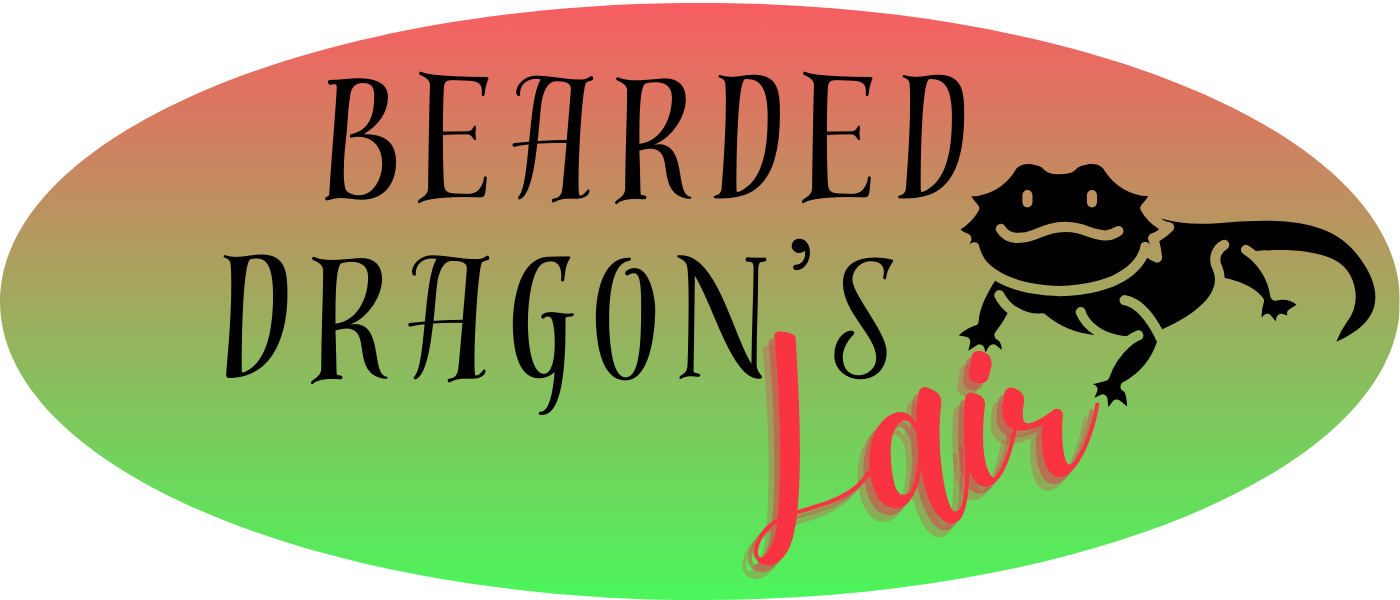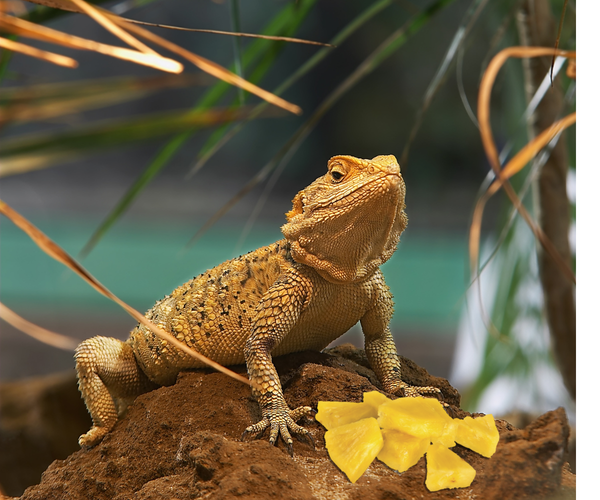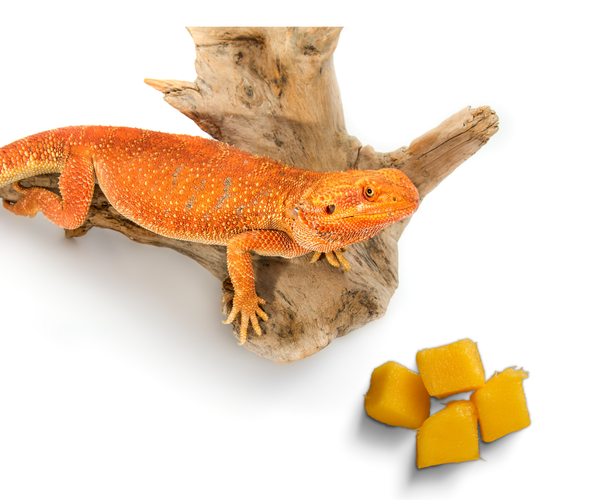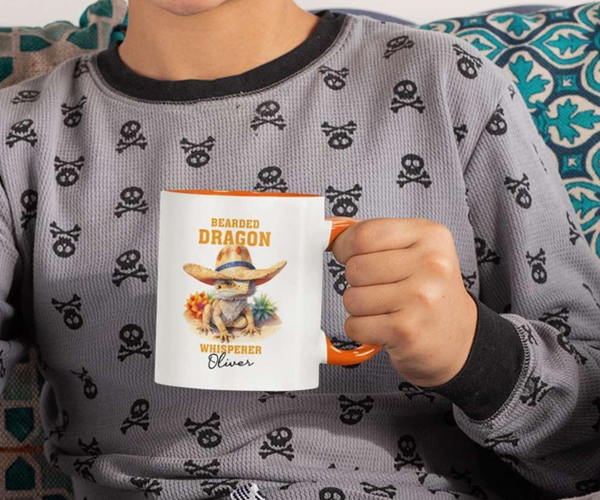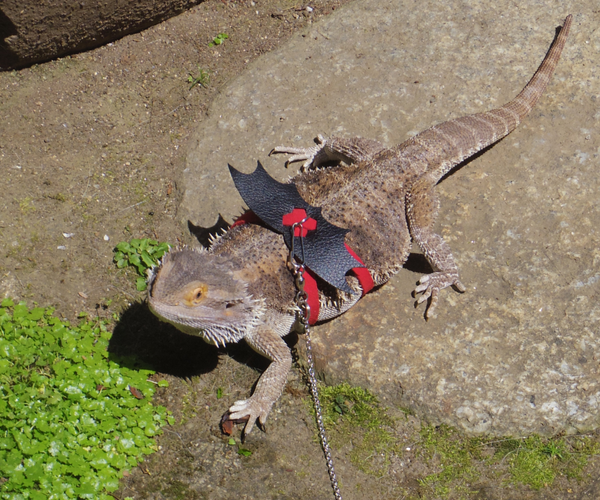Can Bearded Dragons Eat Parsley?
Parsley, a common herb found in many kitchens, is often considered as a potential food item for bearded dragons.
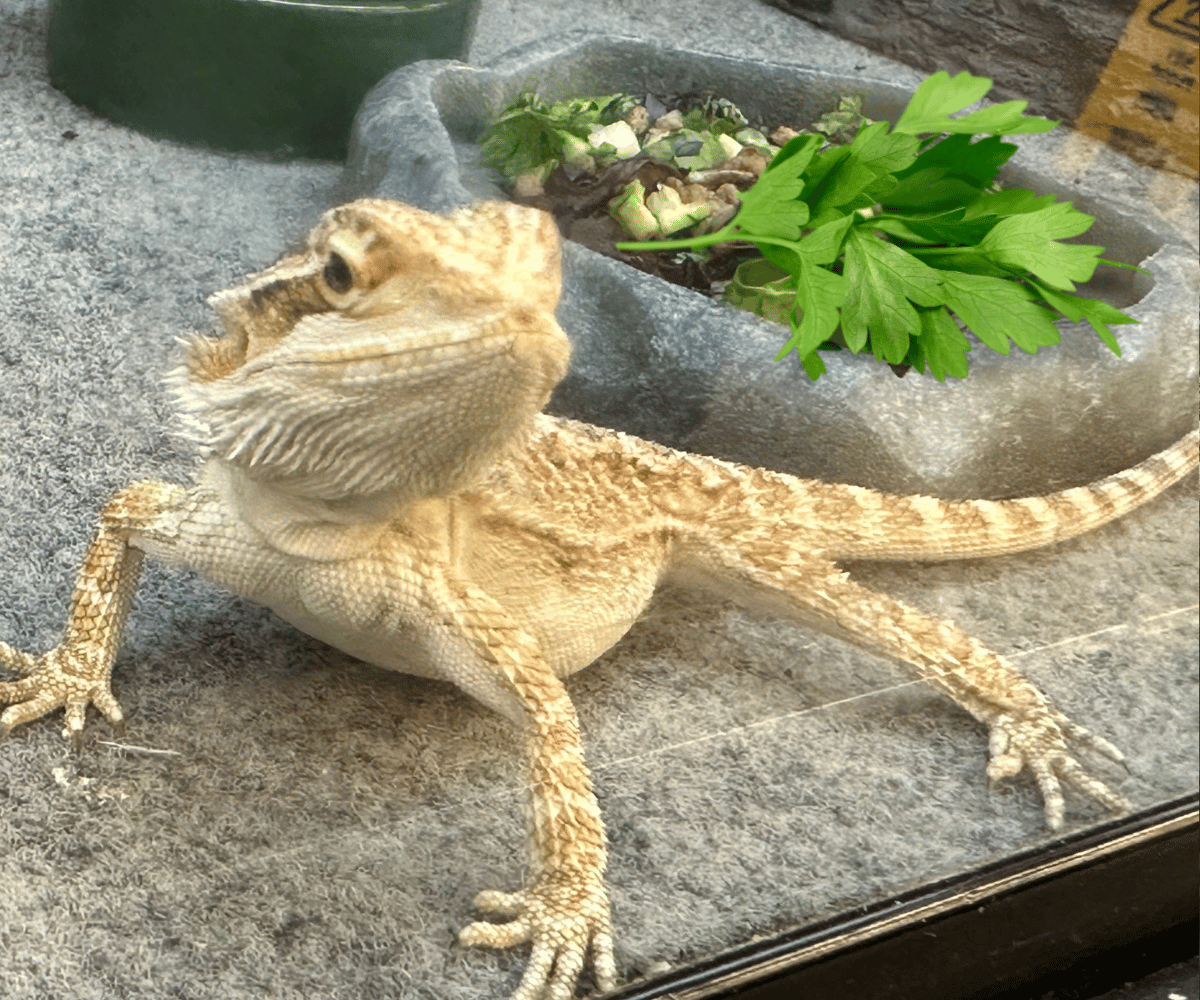
Bearded dragons are popular pets known for their unique appearance and relatively easy care requirements. As omnivores, they require a balanced diet of insects, fruits, and vegetables to stay healthy. One common question among bearded dragon owners is whether parsley is a safe and nutritious addition to their pet's diet. This article delves into the suitability of parsley for bearded dragons, backed by research and expert opinions.
Key Takeaways:
- Parsley can be a nutritious addition to a bearded dragon's diet when offered in moderation.
- It's important to understand the nutritional benefits and potential risks associated with feeding parsley to bearded dragons.
- Always consult with a veterinarian before making significant changes to your bearded dragon's diet.
Understanding Bearded Dragon Nutrition
Bearded dragons have specific dietary needs that must be met to ensure their health and longevity. A balanced diet for a bearded dragon typically includes a variety of leafy greens, vegetables, and occasional fruits, complemented by a steady supply of protein from insects. The key is to provide a diet that mimics what they would consume in the wild, which is diverse and nutrient-rich.
Parsley, a common herb found in many kitchens, is often considered as a potential food item for bearded dragons. But before adding it to your pet's menu, it's crucial to understand its nutritional content and how it fits into the overall dietary requirements of these reptiles.
The Nutritional Profile of Parsley
Parsley is a leafy green herb that is high in vitamins A, C, and K, as well as minerals like iron and calcium. These nutrients are essential for maintaining good health in bearded dragons, supporting their immune system, vision, blood clotting, and bone health. However, parsley also contains oxalates, compounds that can bind to calcium and other minerals, potentially leading to deficiencies if consumed in large quantities.
Given its nutritional benefits, parsley can be a healthy addition to your bearded dragon's diet, but it should be offered in moderation to avoid any potential risks associated with its oxalate content.
Introducing Parsley to Your Bearded Dragon's Diet
When introducing any new food to your bearded dragon's diet, it's important to do so gradually. Start by offering a small amount of finely chopped parsley mixed with other staple greens that your bearded dragon is already accustomed to. This will allow you to monitor your pet's reaction to the new food and ensure that it doesn't cause any digestive upset.
As with any dietary change, observe your bearded dragon closely for any signs of discomfort or health issues. If you notice any adverse reactions after introducing parsley, it's best to remove it from the diet and consult with a veterinarian.
Frequency and Quantity: How Much Parsley Is Safe?
While parsley can be a healthy addition to a bearded dragon's diet, it should not be a daily staple. Due to its oxalate content, it's recommended to offer parsley only occasionally, as part of a rotation with other safe greens and vegetables. A small sprig of parsley once or twice a week is generally considered safe for most bearded dragons.
It's also important to consider the size and age of your bearded dragon when determining the appropriate amount of parsley to feed. Younger dragons may be more sensitive to dietary changes, so it's especially important to introduce new foods like parsley slowly and in small quantities.
Potential Risks of Feeding Parsley to Bearded Dragons
While parsley offers nutritional benefits, there are potential risks to be aware of. The oxalates found in parsley can lead to the formation of calcium oxalate stones if consumed in large amounts over time. These stones can cause serious health issues, including kidney damage.
To minimize the risk of oxalate-related problems, it's crucial to balance the amount of parsley with other low-oxalate greens and ensure that your bearded dragon has access to a calcium supplement as part of its regular diet. This will help maintain proper calcium levels and reduce the likelihood of stone formation.
Other Greens to Consider for a Balanced Diet
In addition to parsley, there are many other greens that can be safely included in a bearded dragon's diet. Collard greens, dandelion greens, and mustard greens are all excellent choices that provide a variety of nutrients without the high oxalate content of parsley.
By offering a diverse mix of greens, you can ensure that your bearded dragon receives a wide range of vitamins and minerals necessary for optimal health. Always aim for variety and balance when planning your pet's meals.
The Importance of Dietary Variety
Dietary variety is key to providing a bearded dragon with all the necessary nutrients for a healthy life. In addition to greens, bearded dragons should also consume a mix of other vegetables, occasional fruits, and a steady supply of protein from insects like crickets and mealworms.
By rotating different food items and maintaining a varied diet, you can prevent nutritional imbalances and keep your bearded dragon interested in its meals. This approach also reduces the risk of overexposure to any single nutrient or compound that could be harmful in large quantities.
Consulting with a Veterinarian
Before making any significant changes to your bearded dragon's diet, it's always best to consult with a veterinarian who specializes in reptile care. They can provide personalized advice based on your pet's specific needs and health status.
A veterinarian can also help you understand the appropriate portion sizes and frequency for feeding parsley and other greens to your bearded dragon. This professional guidance is invaluable in ensuring the well-being of your pet.
Summary
Parsley can be a healthy addition to a bearded dragon's diet when offered in moderation. Its high vitamin and mineral content can benefit your pet's health, but the presence of oxalates means it should be fed sparingly. Always introduce new foods gradually and observe your bearded dragon for any signs of discomfort. For the best dietary outcomes, maintain a varied diet and consult with a veterinarian for tailored advice.
FAQ Section
Q: How often can I feed parsley to my bearded dragon? A: Parsley should be fed in moderation, typically no more than once or twice a week as part of a varied diet.
Q: Are there any risks associated with feeding parsley to bearded dragons? A: Yes, parsley contains oxalates, which can bind to calcium and other minerals, potentially leading to deficiencies or the formation of calcium oxalate stones if consumed in large quantities.
Q: What other greens are safe for bearded dragons? A: Safe greens for bearded dragons include collard greens, dandelion greens, and mustard greens, which provide essential nutrients without the high oxalate content found in parsley.
